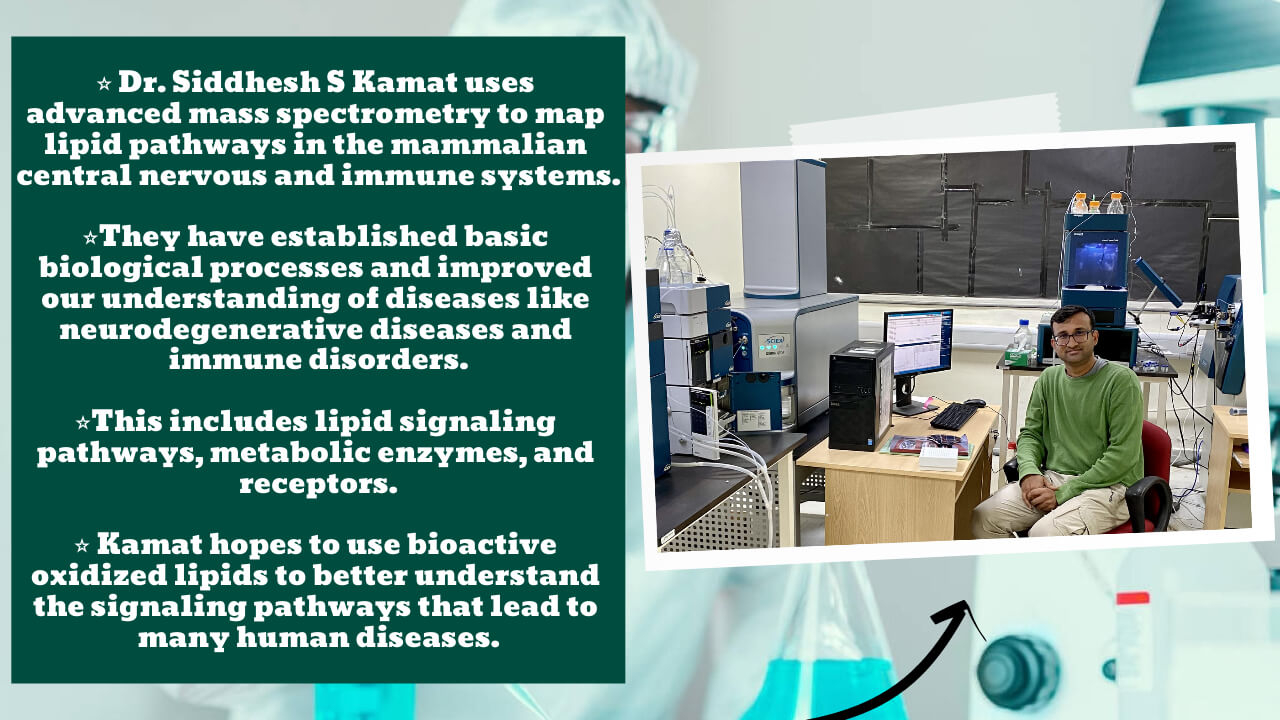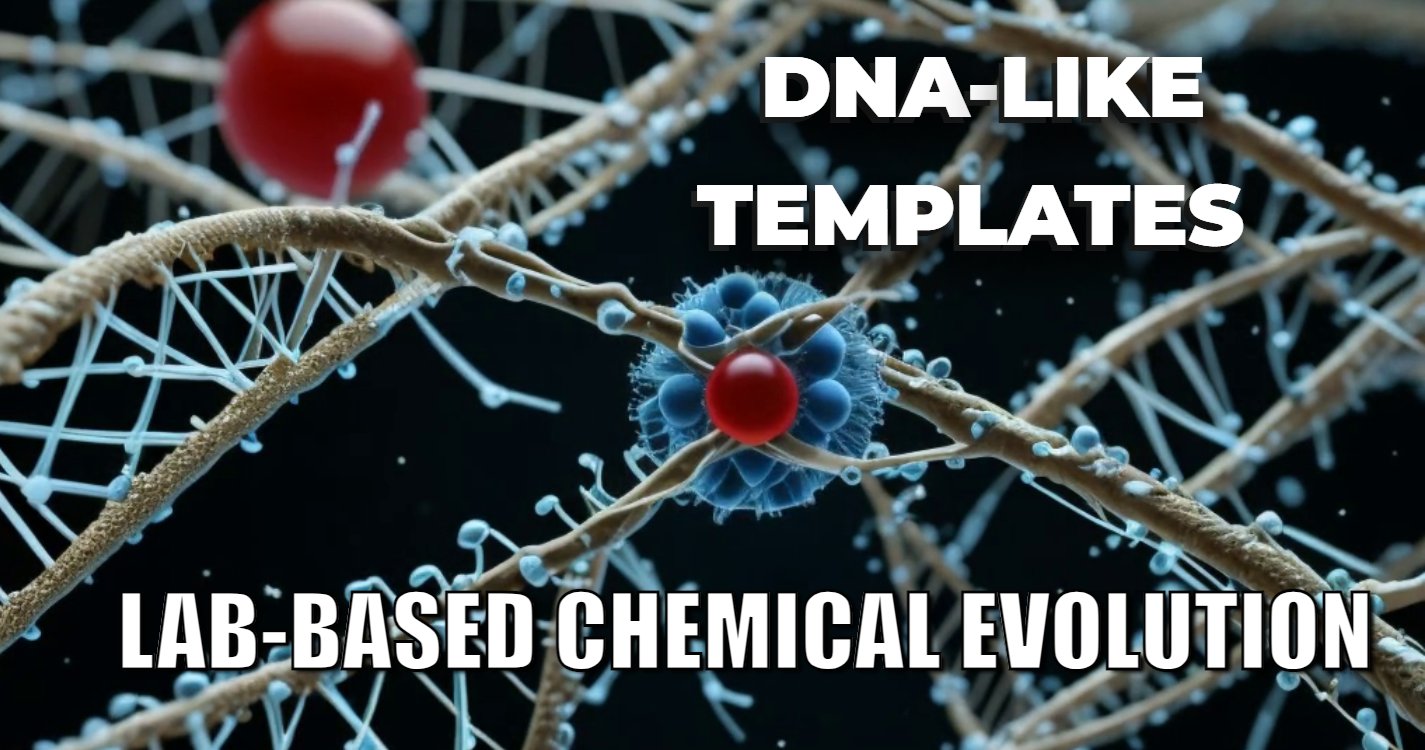Dr. Siddhesh S Kamat works as an associate professor at the Indian Institute of Science Education and Research (IISER) in Pune. The Department of Science and Technology, Government of India, has bestowed upon him the Swarnajayanti Fellowship. Dr. Kamat’s team has crowdsourced all of their MS technologies and platforms, which has resulted in some exciting collaborations. His group’s long-term goal is to discover and comprehend previously unknown lipid signaling pathways in vitro and vivo.
Key Highlight:
- Dr. Siddhesh S Kamat is an associate professor at the Indian Institute of Science Education and Research (IISER) in Pune.
- The Department of Science and Technology, Government of India, has bestowed upon him the Swarnajayanti Fellowship.
- He is using advanced mass spectrometry (MS) to find and map the lipid pathways in the mammalian central nervous and immune system.
- This will help him better understand neurodegenerative diseases, immunological disorders, and metabolic obesity.
- Dr. Kamat’s team has crowdsourced all of their MS technologies and platforms, which has resulted in some exciting collaborations.
Dr. Siddhesh S Kamat, an Associate Professor at the Indian Institute of Science Education and Research in Pune, is this year’s Swarnajayanti fellow. He is using advanced mass spectrometry (MS) to find and map the lipid pathways in the mammalian central nervous and immune system. This will help him better understand neurodegenerative diseases, immunological disorders, and metabolic obesity and find ways to treat them.
Mass spectrometry has made massive progress over the last two decades (MS). At a molecular level, much research has been done on the different types of oxidative stress and how they are linked to diseases. However, we don’t know much about how oxidized lipids and enzymes that repair and reverse the damage caused by oxidative stress move through the body.
When the Department of Science and Technology (DST) gave Dr. Kamat a Swarnajayanti Fellowship, they wanted to fill this gap by studying the biological mechanisms of lipid signaling pathways in mammals, especially how they work in the central nervous and immune systems, and how they are linked to human diseases. They used cutting-edge MS-based lipidomics and proteomics techniques to find new metabolic pathways that are important for lipid metabolism and signaling in humans and explain the functions of enzymes that had never been studied before. They found that when these metabolic pathways are out of balance, they can lead to diseases.
There is now a better understanding of how diseases like neurodegenerative diseases, immune disorders, metabolic obesity, and established basic biological processes work.
The long-term goal of his group is to figure out how and why lipid signaling pathways work in the body, as well as the enzymes that make them and the receptors that control them. This will give us new ideas about how human diseases like neurological and immunological illnesses work and how to treat them. They have shared all of their MS technologies and platforms with other labs, which has led to exciting collaborations that have helped solve complex biological problems that would not have been possible if they were done by each lab alone.
In the future, we hope that the MS technologies we make and the biological findings we make from this fellowship will help strengthen and grow chemical biology as a field in India.
Dr. Kamat said that many different research groups have been able to figure out how oxidative stress and diseases are linked at the molecular level and even to some extent at the system level. “However, we don’t know much about how oxidized lipids and enzymes that repair and reverse this damage during oxidative stress work.” Oxidation of lipids can have several adverse effects, including changes in membrane curvature and membrane transport, incorrect signaling through non-specific binding to receptors and ion channels, and the formation of lipid rafts due to accumulation. This field has been mostly unexplored until now.
Dr. Kamat wants to learn more about how bioactive oxidized lipids affect mammalian physiology under oxidative stress conditions, which can lead to a wide range of diseases in humans. It will also be fascinating to scientists and people who work in the pharmaceutical and biomedical industries because new lipidomics, proteomics, and chemical genetics screening methods and protocols will be developed during these studies.





[…] Swarnajayanti fellow mapping oxidized lipid pathways for neurodegenerative and immunological disease… […]